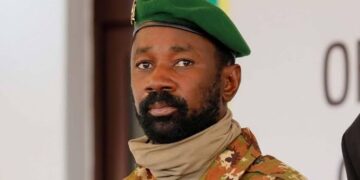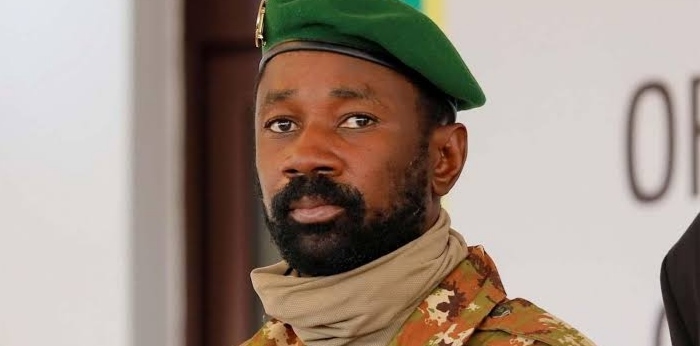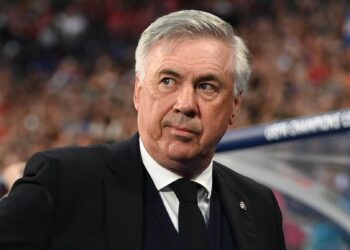By Esther Adesulu
The Mali junta has said it remains open to dialogue after West African bloc, ECOWAS imposed stringent sanctions on the troubled Sahel country over delayed elections.
Last Sunday, leaders from ECOWAS agreed to shutter borders with the Sahel state and impose a trade embargo, after months of heated diplomatic tensions.
It was concluded on Monday at the UN Security Council by France, Mali’s former colonial power.
The West African bloc also agreed to disengage financial aid, put a halt to Mali’s assets at the Central Bank of West African States, and to recall their ambassadors from the country.
“Even if we regret the illegitimate, illegal and inhumane nature of certain decisions, Mali remains open to dialogue with the Economic Community of West African States to find a consensus,” junta leader Assimi Goita said on state TV.
Goita did not point out how his regime would respond to the binding sanctions.
The coordinated action against Mali followed a proposal by its army-dominated government last month to stay in power for up to five years before staging elections — despite international demands that it respect a promise to hold elections in February.
ECOWAS also did not accept a redacted proposal the regime, led by Goita who in August 2020 took power in a military coup, submitted to the axis on the eve of the weekend summit.
After an earlier wave of sanctions from ECOWAS following the 2020 coup, a restoration of the civilian rule in February 2022 presidential and legislative elections was promised by Goita.
But he staged a second coup in May 2021, forcing an Eli Marion of interim civilian government, cutting off the reform timetable, and distressing widely circulated international condemnation.
The military regime argued that persistent insecurity posed a problem and that peaceful elections took priority over speed as ECOWAS continued to insist on elections in February.
Mali has struggled to quench a brutal jihadist insurgency that started in 2012 before spreading to Burkina Faso and Niger. Swathes of its vast territory lie outside government control.
Moscow said it “understood the difficulties” in organizing new elections when a lack of security might undermine the outcome.
Western politicians have condemned what they say is Moscow’s growing influence in Mali, some alleging that the military regime has hired mercenaries from Russia’s controversial Wagner group.




































